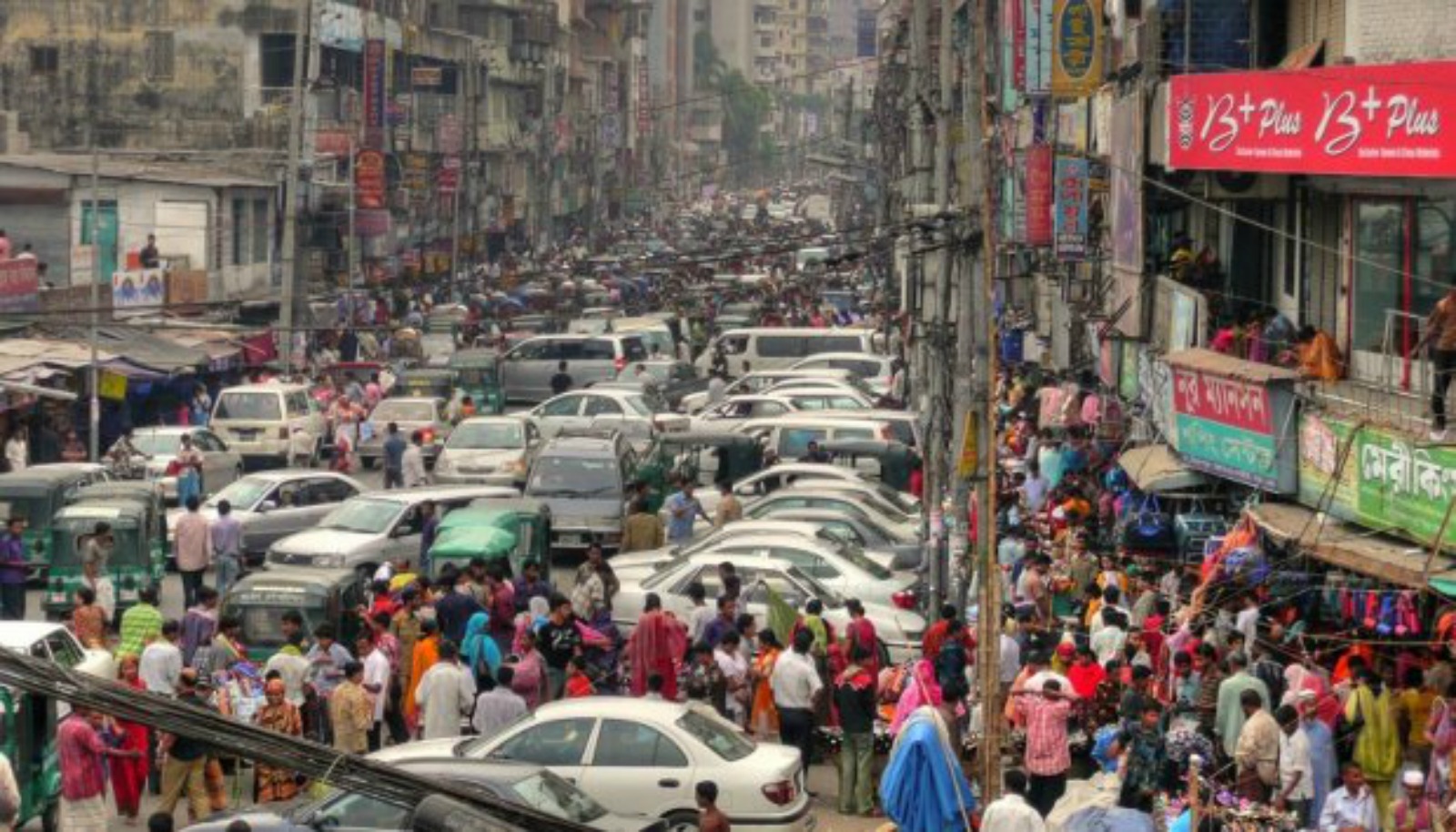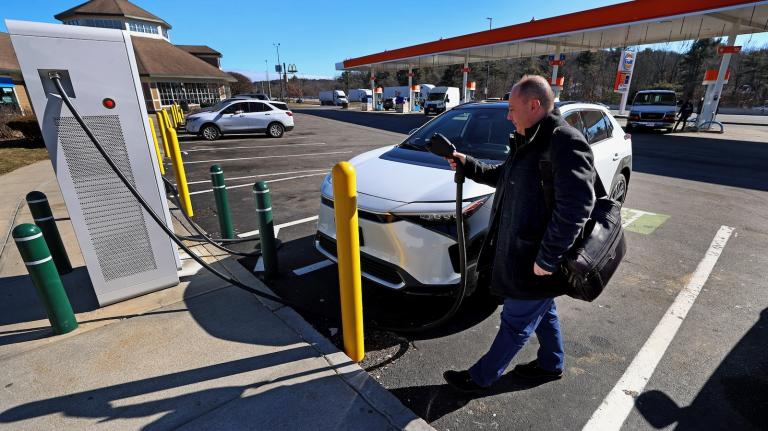India has a grandiose vision for its 1.2 billion people to drive only electric vehicles by 2030. And that’s not even the most ambitious part — the government thinks it can do it without spending a dime.
“We are trying to make this program self-financing,” Power Minister Piyush Goyal said at a youth conference this week, according to The Times of India. “We don’t need one rupee of support from the government. We don’t need one rupee of investment from the people of India.”
Goyal noted that a small working group of politicians will meet in early April to hammer out the details of the goal, which could include a program to incentivize buying electric cars by making them zero-down investments. Later on, the money the car owners would have spent on gas could go to paying off the price of the vehicle, according to Goyal.
As far as number of cars owned per household, India ranks low on the list, with just 6 percent of households reporting they own a car. But that number is expected to grow exponentially as the economy expands.
It’s not the first time India has announced sweeping sustainability plans under Prime Minister Narendra Modi, sometimes to mixed results. Last October, the world’s third biggest greenhouse gas polluter announced its new climate plan, promising to obtain 40 percent of its electricity from renewable sources (primarily solar) by 2030. But earlier this year, the World Trade Organization ruled that provisions of Modi’s solar plan shut out international companies, particularly the U.S., from India’s burgeoning solar market. Most recently, the country levied a 4 percent “green” tax on new passenger vehicle sales, part of an effort to fight air pollution and traffic congestion.
India has no time to waste to tackle its pollution problem as its capital, New Delhi, already has worse air quality than Beijing.


